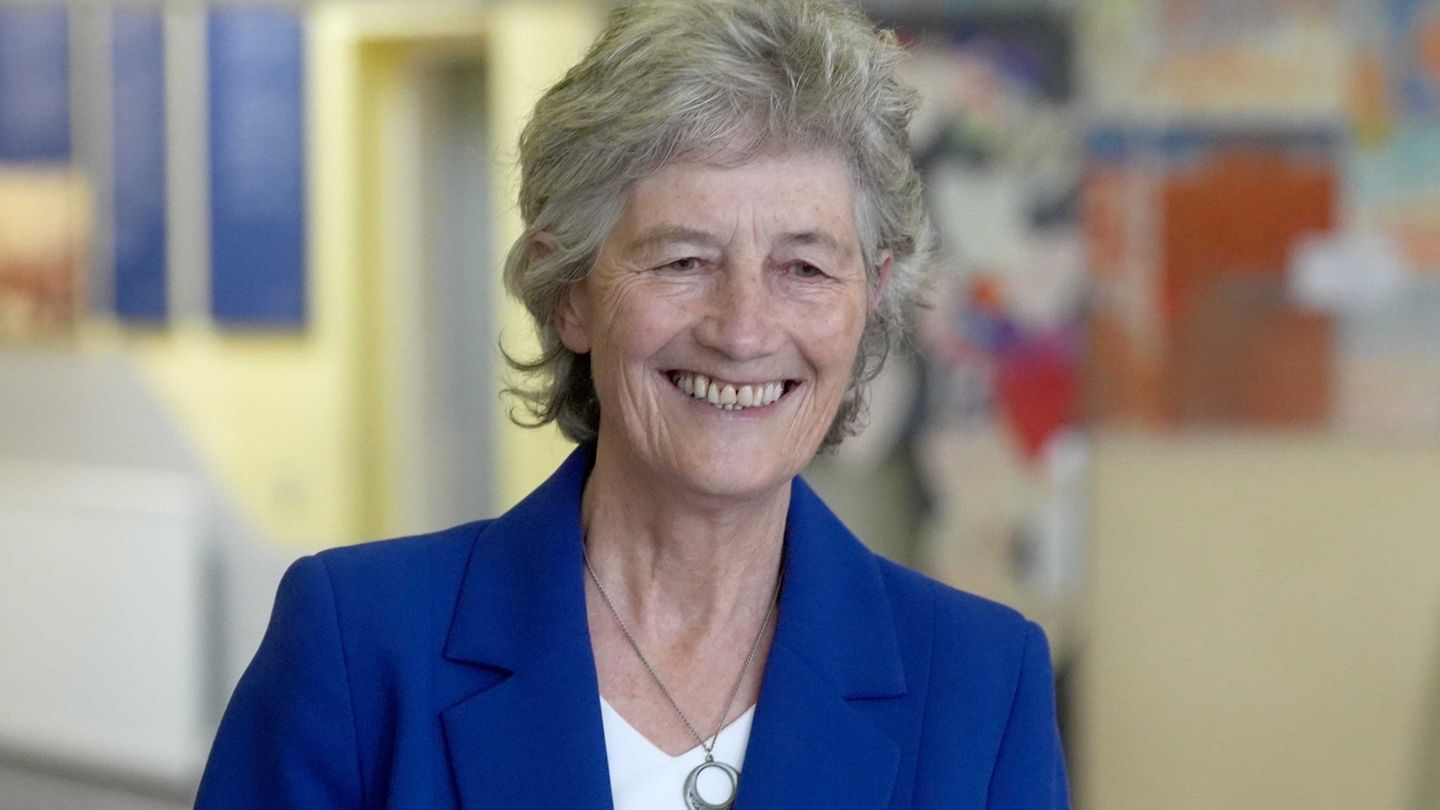I have been working in the news industry for over 6 years, first as a reporter and now as an editor. I have covered politics extensively, and my work has appeared in major newspapers and online news outlets around the world. In addition to my writing, I also contribute regularly to 24 Hours World.
Menu
Unrest in Georgia: EU chief diplomat brings sanctions against Georgia into play
Categories
Most Read
Protest rallies: Demos against Merz’s statement – “Friedrich” protest song
October 25, 2025
No Comments
Dismantling of a nuclear power plant: 30,000 people watch the demolition of nuclear power plant cooling towers
October 25, 2025
No Comments
Friedrich Merz and the cityscape: Where the Chancellor is right
October 25, 2025
No Comments
Ukraine war: Russian diplomat speaks of “diplomatic solution”
October 25, 2025
No Comments
Middle East: Palestinians: Injured after incidents in the Gaza Strip
October 25, 2025
No Comments
Latest Posts

Tennis: Zverev in the final in Vienna – now against Sinner
October 25, 2025
No Comments
PierceI am Pierce Boyd, a driven and ambitious professional working in the news industry. I have been writing for 24 Hours Worlds for over five

Presidential election: Connolly on course for victory in Irish presidential election
October 25, 2025
No Comments
IvanI have been working in the news industry for over 6 years, first as a reporter and now as an editor. I have covered politics

6,000 years of history: Traces from the Stone Age on an APG construction site
October 25, 2025
No Comments
Archaeological finds on the site of the future APG substation in Spannberg Ceramic fragments have come to light. (APG/Simon/Novetus GmbH) Archaeological finds have come to
24 Hours Worlds is a comprehensive source of instant world current affairs, offering up-to-the-minute coverage of breaking news and events from around the globe. With a team of experienced journalists and experts on hand 24/7.

